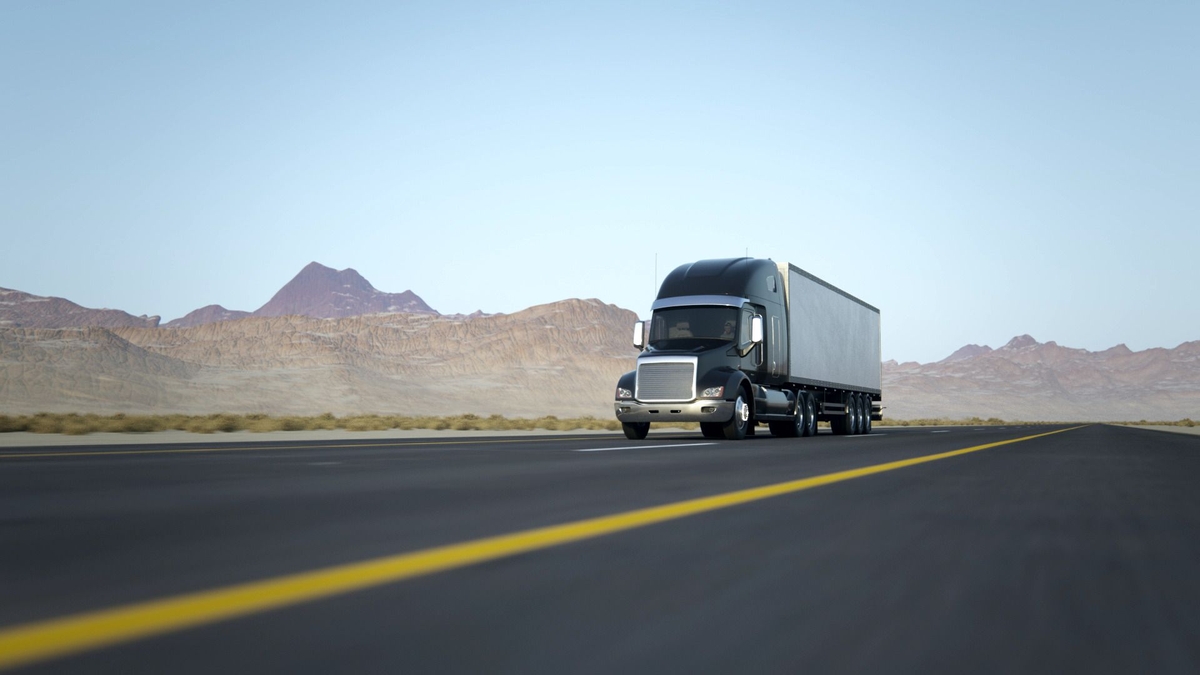
Do Heavy Loads Require Permits?
The transportation of heavy loads on US highways is nothing new. But these loads are subject to regulations that don't apply to other loads. Certain regulations control when, where, and how heavy loads can be transported.
Regulation haulers obtain a permit before transporting an oversized or overweight load. An oversized load is any load that exceeds the legal limits for width, height, length, or weight. These dimensions and weight limits vary by state, so it's essential to know the regulations in the states where the load will be transported.
What Are Heavy Load Permits?
A heavy load permit is a document issued by a state or local authority that permits transporting an oversized or overweight load on public roads. The permit will specify the size and weight of the load, as well as the route that should be taken. It may also list any restrictions on the time of day or day of the week the load can be transported.
Why Are Permits Required?
There are two main reasons why oversized and overweight loads require trucking permits. The first is safety. Heavy loads can be dangerous if not properly secured or transported. By requiring a permit, authorities can ensure that the load will be transported safely. The second reason is to protect the roads. Heavy loads can cause severe damage to roadways, particularly if they are not properly distributed. By requiring a permit, authorities can ensure that the load will be transported in a way that minimizes wear and tear on the road.
Common Heavy Loads that Require Permits
There are many types of heavy loads for which you need to get overweight permits. Some of the most common include:
- Agricultural equipment, such as tractors and combines
- Construction equipment, such as bulldozers and excavators
- Manufactured homes
- Oil field equipment
- Pipes for utility projects
- Containers
- Windmill propellers
- Motor vehicles
Remember that regulations for one type of heavy load may differ from those for another. For example, a manufactured home's permitting requirements may differ from those for a bulldozer. Do your research to make sure you comply with all applicable regulations.
Local Regulations When Hauling Heavy Loads
When shipping oversized or overweight loads, it is important to know the local regulations and laws in the areas you will be traveling. Depending on the state, county, or municipality, heavy-haul permits may have different rules and regulations.
An escort vehicle may sometimes be required when transporting an oversized load. An escort vehicle is a second vehicle that leads the way, clearing the path and warning other motorists of the oversized load ahead. In other cases, a pilot car may be required to drive in front of or behind the oversized load, providing guidance and assistance.
What If You Do Not Have Permits for Your Heavy Load?
You may be subject to fines and penalties if you attempt to transport an oversized or overweight load without the proper permits. The fine amount will depend on the state or municipality where you are caught, but it could be quite high. In some cases, your load may be impounded, and you may even be arrested.
To avoid these penalties, you must obtain the necessary permits before transporting any oversized or overweight load. Doing so will ensure that you comply with the law and do not put yourself or others at risk.
Get the Right Permits for Your Heavy Loads
Successfully transporting oversized or overweight loads requires careful planning and obtaining the proper permits. These permits are necessary to protect public safety and prevent damage to roadways. Without them, you may be subject to hefty fines or even arrest. Be sure to familiarize yourself with the local regulations regarding oversized loads before transport.
Recent post

General Shipping Information
A Step-By-Step Guide On Relocating ...
...

Car Shipping
A Comprehensive Guide on How to Shi...
...